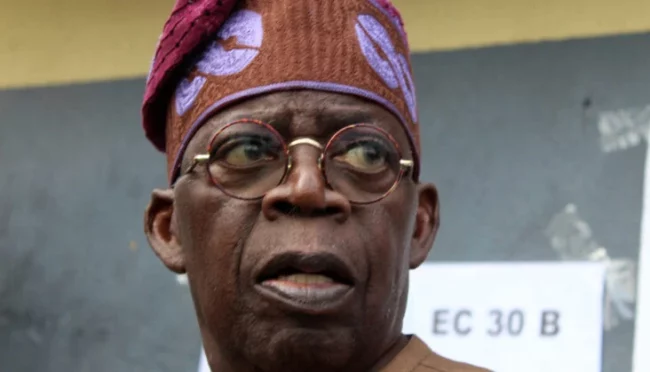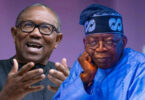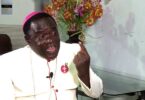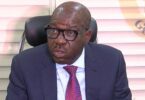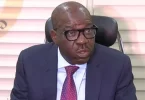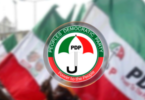Federal Government has been urged to fish out Nigerian collaborators in the $11bn arbitration award P&ID sought to get from Nigeria, arguing that the fact that the court ruled in favour of Nigeria should not be the end of the case.
Participants, including Sam Olukoya of the British Broadcasting Corporation (BBC), Comrade Adewale Adeoye, among others made the call at the media training organized by Human and Environmental Development Agenda (HEDA) Resource Centre in collaboration with Journalist For Democratic Rights (JODER), supported by Mac Arthur Foundation, held in Ikeja, Lagos.
The participants, while making the call, argued that P&ID case should not be closed like that just because the verdict was In favour of Nigerian government, but should still continue, noting that there would be some prominent Nigerians that aided the company in her bid to defraud the country.
This was just as the participants, who spoke on the topic, titled: “Building Public Ownership for Transparency and Accountability in Governance and Service Delivery,” charged Nigerian journalists to be committed to do more investigative stories on corruption cases and ensure such cases were pursued until justice is secured.
They noted that failure of journalists to do much investigation on corruption cases makes corruption persist, pointing out that journalists, in most cases, just break the news of corruption, but fail to pursue such cases until justice is obtained.
Olukoya, in his submission, said P&ID case should not be closed like that, because the judgment In Nigeria’s favour, demanded that rather, the Federal Government should go after Nigerians who connived with the company, to defraud the country.
“P&ID matter has not closed, rather it has just started, who are the collaborators? People should be made accountable. The case must have happened at a high level. Who are the people involved?” he queried.
“It is a story that would have damaged Nigeria. We should hold everybody accountable. We should go a step further to know what transpired,” Olukoya said.
Speaking further, Olukoya said journalists in Nigeria should be concerned about issues of corruption as, according to him, the country has a lot of money looted and traced abroad.
“We have several cases of corruption involving multinational companies working in Nigeria and such corruption discovered outside Nigeria,” he said.
Comrade Adeoye of JODER argued that corruption has both local and international dimensions, which focus on the life of the people, observing sadly that investigation into corruption cases in Nigeria had reduced.
“We don’t do much investigation on corruption cases, which could have strengthened the fight against corruption,” Adeoye said.
He, therefore, charged media outfits in Nigeria to come up with agenda on how to fight corruption and be more responsive in the fight against menace.
Speaking at the event, the Chairman, Independent Corrupt Practices and Other Related Offences Commission (ICPC), Mr Musa Aliyu, who was represented by Hajia Hadiza Rimi, noted that the role of media in the fight against corruption was paramount, important and should be carried out with high level of responsibility.
Mr.Aliyu, who spoke on the role of media in fighting corruption, further noted that the ethics of the profession, which he identified as truth, accuracy and fairness, should be considered in fighting corruption, saying that the journalist writing against corruption should also not be seen to be corrupt.
Also speaking, the Executive Secretary of HEDA, Mr.Sulaimon Arigbabu, lamented that corruption cases in Nigeria were getting worse per day, but quickly observed that notwithstanding the dire situation, some Nigerians were still committed to the fight against the menace.
Arigbabu observed that corruption cases appeared more horrible among the political class and those in the civil service, but commended the media for trying its best to expose corruption cases in the country, saying that exposing such was good for the nation’s survival.
“The media has been trying its best to expose corruption cases and it should not give up. Surge of corruption is too heavy in this country, exposure of any kind of corruption is important for the survival of this country,” he said.
The Weekend Editor of Guardian Newspaper, Mr. Kabir Garuba, who was represented by Mr. Gbenga Salau, noted that media don’t do a follow-up when they publish corruption cases, saying that accounted for why many corruption cases were swept under the carpet.
Garuba, while sadly observing that the Halliburton scandal was swept under the carpet in Nigeria, argued that he saw no reason why those found guilty over the case abroad would be given punitive treatment and their accomplice in Nigeria would be left off the hook.
. TheWitness

